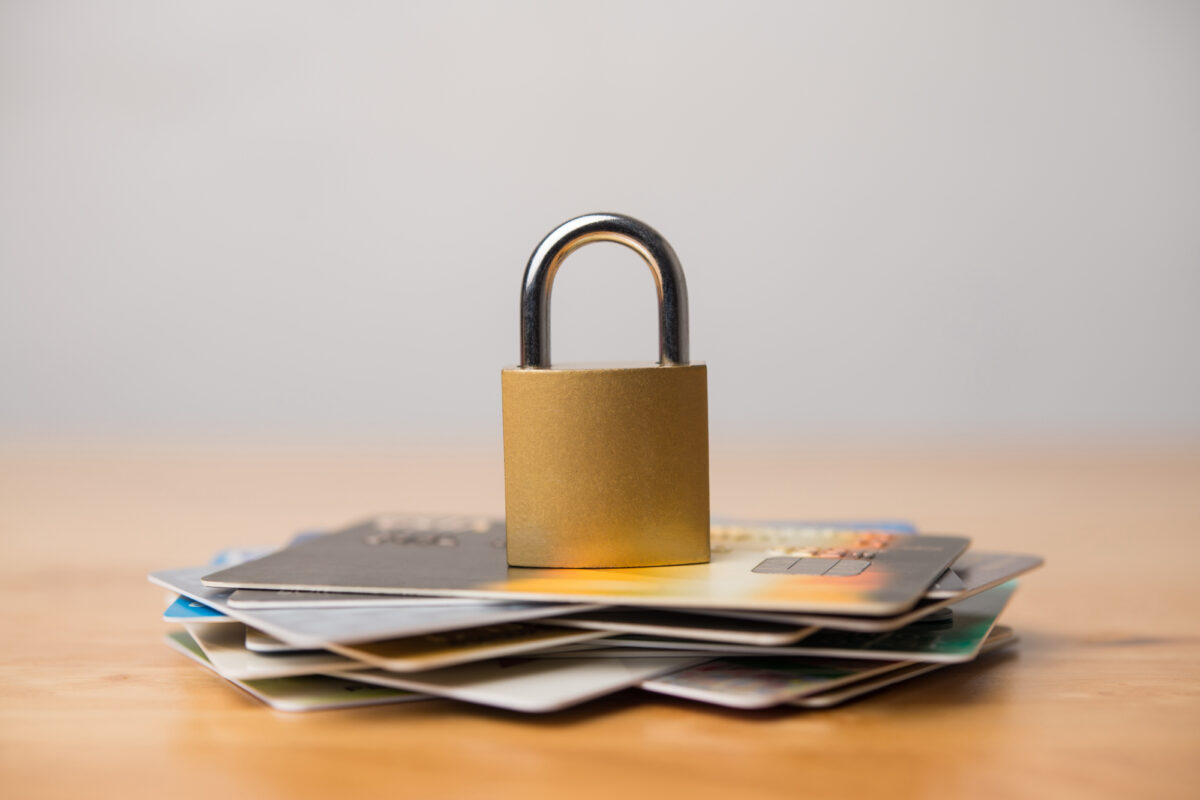What is a chargeback?
A chargeback is a dispute a cardholder raises about a transaction on their debit or credit card. The bank/payments platform investigates the dispute between the cardholder and the Merchant. If successful, a chargeback works like a refund, reversing a transaction made on their card.
When can a chargeback occur?
Consumers are entitled to request chargebacks for several reasons, as per Consumer Affairs Victoria. The most common reasons for this are when the payment is made through a credit or debit card and:
- The products or services received are not as described.
- The product or service is not delivered within the specified time frame or does not arrive.
- Duplicate or fraudulent transactions have occurred.
- Charges have been made without the cardholder's permission.
- Unrecognised or potentially fraudulent transactions appear.

Are chargebacks bad for merchants?
Yes, chargebacks have a series of negative outcomes. Besides the lost revenue from the services or products, each chargeback dispute can have an additional cost to merchants regardless of the outcome. It can affect the merchant's credit reputation, potentially increase processing costs, and even lead to the termination of their merchant account with their acquirer.
How can chargebacks be prevented?
For consumers:
- Buy from reputable businesses: Before making a purchase, research the reputation and legitimacy of the business. Check reviews, ratings, and customer feedback to gauge their reliability and trustworthiness. See if they have active and engaging social media accounts as well.
- Review purchases carefully: Before making a purchase, thoroughly review the product or service description, pricing, and terms of sale to ensure it aligns with your expectations. Misunderstandings often lead to chargebacks, so clarity is crucial.
- Communicate with merchants: If there's an issue with a purchase, attempt to resolve it directly with the merchant first. Open communication can resolve many disputes, saving time and potential headaches associated with chargebacks.
- Understand chargeback policies: Familiarise yourself with your bank or credit card issuer's chargeback policies and procedures. Know when initiating a chargeback is appropriate and what evidence may be required to support your claim.

For Merchants:
- Avoid Mail Order - Telephone Order (MOTO) transactions when possible. When MOTO is needed, obtain authorisation for every transaction: Always seek authorisation for each transaction, identify the individual who is making the payment via telephone for MOTO or over the counter using Manual Key Entry with a valid ID.
- Educate staff on fraud prevention: Train your staff to identify suspicious transactions and follow proper procedures for verifying customer identity.
- Clear product descriptions and refund policy: Prevent chargebacks by maintaining clear product descriptions and a straightforward refund policy. This helps customers understand what they're buying and the options available if they're dissatisfied, minimising disputes and maintaining positive relationships.
- Keep detailed transaction records: Maintain comprehensive records of all transactions, including receipts, tax invoices, photos of products/services provided/complete, customer receive signoffs, etc.
- Excellent customer service: Providing exceptional customer service can help prevent disputes from escalating to chargebacks.
In conclusion, managing chargebacks can sound like a daunting task for merchants but it doesn't have to be.
The right tools can help build business efficiencies. With the PayNuts Merchant Portal, merchants can better understand their chargeback occurrences, identify patterns, and address root causes.
Features like real-time monitoring, detailed analytics, and customisable alerts empower merchants to mitigate chargebacks and proactively safeguard their business' efficiency.







